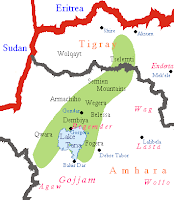Halakha comes from the Hebrew root halakh,which means "to walk" or "to go." Halakha therefor means "the way to walk/go." It is the collected body of Jewish religious laws, coming from the Torah and developed through rabbinic tradition. So what does it include?
The Torah is first and foremost. It is the first five books of the Bible: Genesis, Exodus, Leviticus, Numbers and Deuteronomy. This is the Written Torah, along with 613 commandments (mitzvot) that are found throughout the Torah. Of the 613, 248 are positive commandments to do something; 365 are negative commandments, things not to do.
Next comes the Talmud, the Oral Law developed by rabbis over the ages to interpret the Torah to determine proper rules when new situations arise.
Then there are rabbinic decrees about public welfare. These are called Gezerah and Takkanah. Gezerah are called a "protective fence" around Torah Law, decisions created to make sure of adherence to Torah Law. One example is the sabbath prohibition against cooking, because cooking would require lighting a fire and kindling a fire is a Torah prohibition on the sabbath. Takkanah (from the word for improvement) is a revision of a law to satisfy new conditions, or to avoid a greater problem. For example, commandments to fast on certain holy days are overridden for the sickly who need food.
There are also Minhag, from the word for "custom," a long-standing tradition. The order of prayers at some celebrations is a Minhag, not laid down by anything in the Torah or Talmud. For example, on the seventh day of Sukkot there is a custom to beat willow branches. This is believed to date to the time of the Hebrew prophets, though there is no law that demands it.
There is also the Tanakh to be taken into account. I'll explain that tomorrow.






